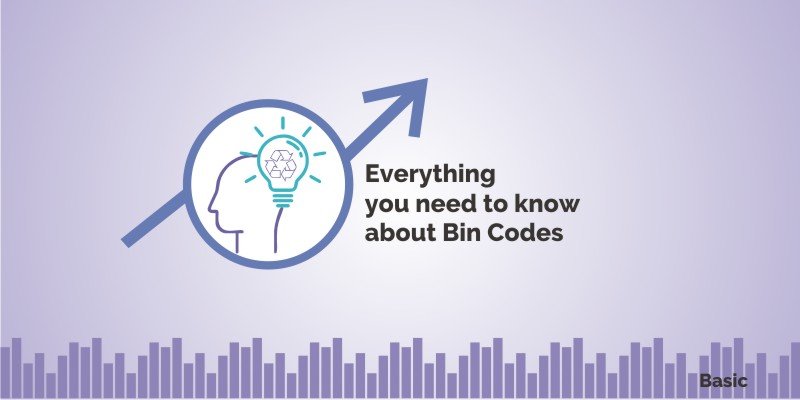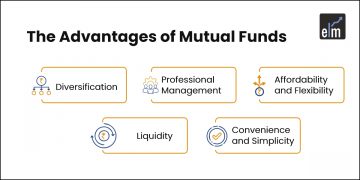Bank identification numbers or BIN codes are the first four to six numbers found on your credit or debit card. The system assigns a unique set of digits to financial institutions so it can be easier to locate the source of a transaction even if you’re from India and the merchant is based in another country. It is crucial in the process of matching the actions performed by the issuer of the card and the receiving party.
| Table of Contents |
|---|
| The ABA Manages the System |
| BIN Codes Contain the MII |
| The System is Used to Fight Fraudulent Transactions |
| BIN Data Can Be Used for Targeted Marketing |
| Conclusion |
Here are the things you need to know about BIN codes:
1. The ABA Manages the System
BIN codes are also known as issuer identification numbers or IIN. The American Bankers Association or ABA is in-charge of overseeing the ISO Register of Issuer Identification Numbers list, and they are also responsible for assigning BIN codes to issuers. You can find the BIN code of a particular bank through an online bin database without difficulty.
Generally, these databases show the type of card, whether it’s debit or credit, and the brand. It also provides information on the level of the card if it is classic, standard, gold, platinum, or has a world signia.
Other details include whether the card is prepaid, ATM, or electronic only. There’s no need to fear data breaches, though, since there are security measures in place to reduce the risk in the dissemination of bank card numbers.
These are some techniques used to prevent hackers from stealing credit or debit card numbers:
• Format-Preserving Encryption
With this method, your account number is substituted with an encrypted version without changing the format of the card details. It is generally used to protect data from the credit card terminal to the payment processor.
• Card Number Truncation
This security protocol is why only a few digits of your credit or debit card are printed on proofs of payment. It reduces the risk of someone else getting your financial information when another entity gets a hold of your discarded receipt.
• Tokenization
Tokenization pertains to the practice of having an artificial account number take the place of the actual account number.
2. BIN Codes Contain the MII
The MII or major industry identifier is the first digit of a credit or debit card. This number plays a significant role in making the process of identifying the source more manageable and shorter because the processor can immediately determine the industry that issued the card through the MII, which is a boon in today’s world where transactions are completed within seconds.
This is the list of the issuing industries and their respective MIIs:
• Airlines
• Airlines and financial institutions as well as other future industry assignments
• Travel and entertainment, as well as non-banks like American Express, Diner’s Club, and Carte Blanche
• Banking and financial companies such as Visa, Switch, and Electron
• Banking and financial industries like Mastercard and Bankcard
• Merchandising and finance such as Discover Card and China UnionPay
• Petroleum and other related or future industries
• Healthcare and telecommunications
• Reserved for national bodies upon assignment
• Reserved for the technical committee of the international organization for standardization or ISO
3. The System is Used to Fight Fraudulent Transactions
BIN data can be utilized to fight against fraudulent installment transactions. These happen when a customer abuses the 30-day trial program of a merchant. Typically, this setup involves the consumer spending a small amount for overseas shipping and processing then, if they find the product to their liking, they can keep it and continue paying the installments per month.
Learn from Experts – Fraud Analysis, Prevention and Detection
Some take advantage of this setup by buying several items using a gift card with limited credit. Then, they don’t return the merchandise but re-sell them on eBay while the merchant is unable to collect the subsequent payments because there’s no more money in the gift card. BIN codes can be used to identify what type of card the buyer is using and automatically decline gifts, as well as prepaid cards to ensure that the customer gets billed if they keep the item.
4. BIN Data Can Be Used for Targeted Marketing
As mentioned above, these numbers will let you know if a customer is a gold or platinum cardmember. With this information, you can trigger additional offers and deals since most people who have this type of card have better credit scores and higher incomes. They are also highly likely to spend more than the average person, which you can use to increase your revenue.
Conclusion
BIN codes are essential for the swiftness of financial transactions, as well as security for both the buyer and merchant, whether you are in India or other parts of the world. This organized numbering system has allowed business owners from various industries to take advantage of the benefits that credit cards bring without the fear of data breaches or identity thefts.








